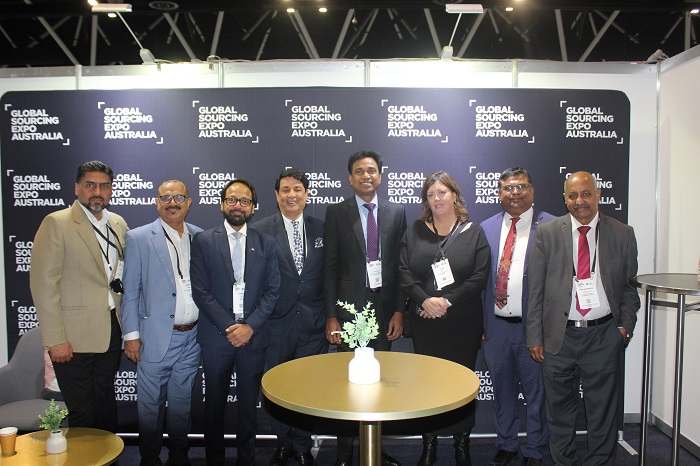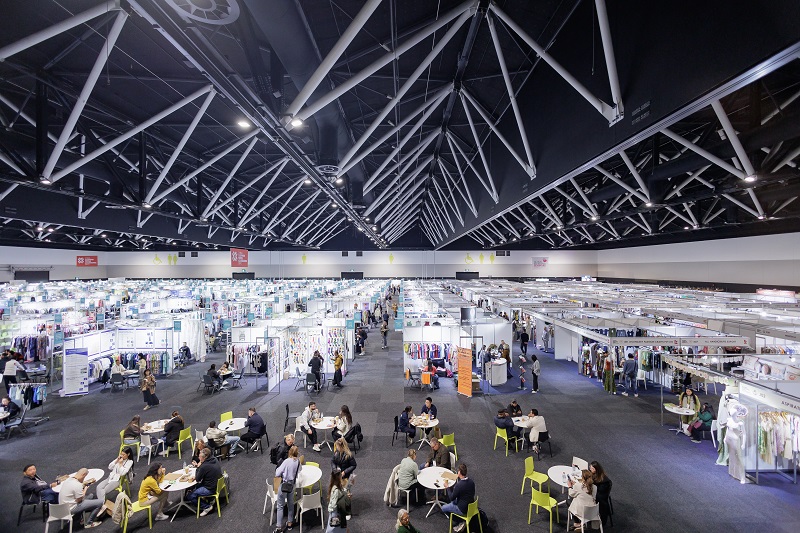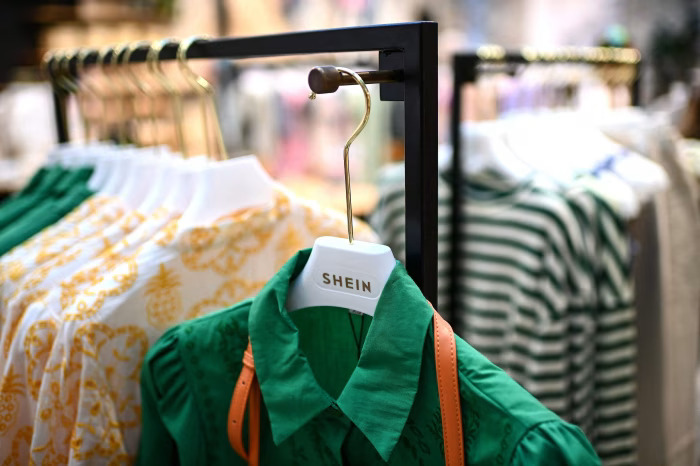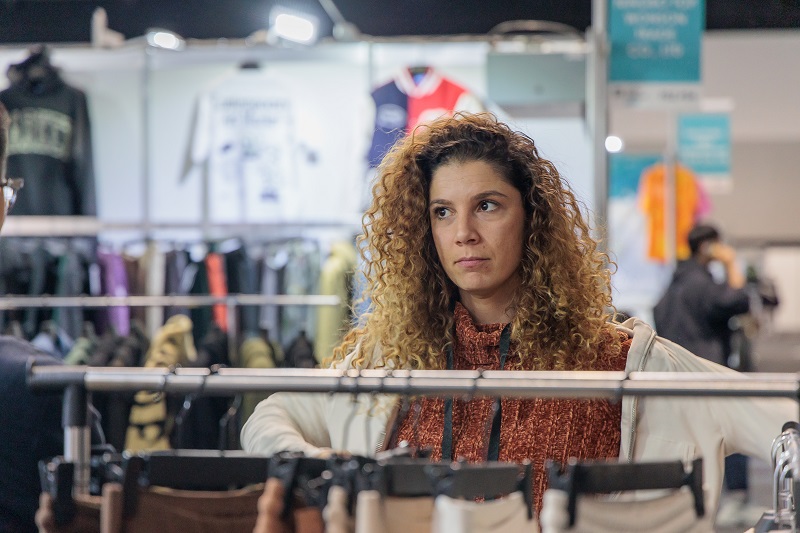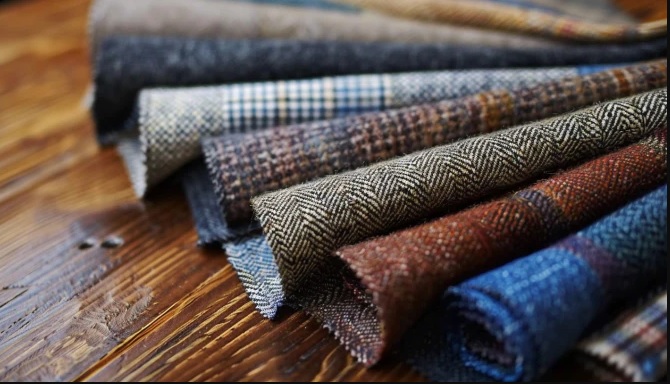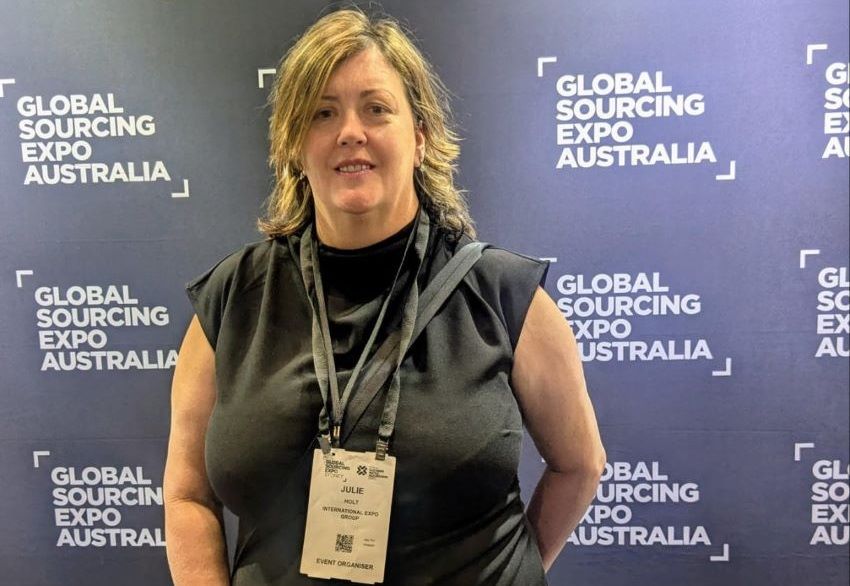FW
Cotton yarn mills have become more active in importing cotton after the price surge of the commodity and current cotton stocks likely to last a month or two. Restricted by capital, small-sized plants do not hoard too much of cotton. Currently, most spinners are running to losses so much so that some spinners are in plans to suspend production after current cotton stocks are used up and reopen after cotton grey fabric price follows up.
Actually, price of domestic cotton yarn has increased by around 1000-1500yuan/mt since last Wednesday with soaring cotton price. Offers for cotton yarn are mixed now and some plants are reluctant to make any kind of offer as transactions fail to chase up obviously. Some cotton yarn mills intend to or have already started to shut down with the thought that the current cotton price is too high.
Greenpeace International has released its 2016 Detox Catwalk assessment, which evaluates how effectively 19 major apparel companies are eliminating toxic chemicals from their supply chains. Benetton, H&M and Inditex were the sole three ‘Avant-Garde’ companies on track for cleaner supply chains by 2020. Esprit, Nike and Victoria’s Secret received bottom rankings under ‘Faux Pas,’ due to the fact that all three companies were not taking action to fulfill this sustainable goal.
The Detox Catwalk’s fashion brands were rated using three criteria. First, how much commitment was underway for the Detox 2020 plan, a system for cleaning up hazardous chemicals in their supply chains. Secondly, how well each company performed PFC elimination, which is where hazardous PFCs are substituted with safer alternatives. Lastly, brands were evaluated for their transparency; how much information was disclosed on apparel suppliers and any hazardous chemicals that they discharge.
Meanwhile, Esprit, Nike and Victoria’s Secret fell into the ‘Faux Pas’ category, for failing most or all of the criteria. Esprit failed to publish data on hazardous chemicals discharged into wastewater. Victoria’s Secret failed to confirm that it eliminated all PFCs by the July 2015 manufacturing deadline. Nike failed on all three categories, for not eliminating all PFCs in its products.
The new textiles minister Smriti Irani’s shift from the high-profile Human Resources Development (HRD) ministry would come with its own share of challenges. Though textiles might not get her the visibility as HRD , but the ministry’s role in fulfilling Prime Minister Narendra Modi’s one big promise of providing jobs to the youth is extremely critical. The textile industry is the second-largest employer in the country after agriculture. It employs about 32 million people and the government is banking on it to absorb millions of youth.
Firstly, Irani will have to see that the special package declared for the textiles sector last month falls into place. Approved last month by the Cabinet, the slew of measures aim to improve competitiveness and lead to greater production through a string of labor reforms which in turn are expected to generate one crore new jobs in the next three years.
However, the package is estimated to cost an estimated Rs 6,000 crores and the ministry will be hard pressed to show results soon. Of the package, nearly Rs 5,500 crores is for an additional 5 per cent duty drawback for the garments sub sector which industry insiders say have benefited the most. The seasonal nature of the garment industry has seen fixed-term employment being introduced.
Furthermore, the government will bear the entire employer’s contribution of 12 per cent under the Employers Provident Fund Scheme for new employees of garment industry earning less than Rs 15,000 per month for the first three years.
This is an increase from the present government provision of 8.33 per cent towards employer’s contribution provided under Pradhan Mantri Rozgar Protsahan Yojana.
All this has miffed industry players operating in other sub sectors. They have started clamoring that such benefits be extended to other sectors in the textile value chain as well.
With the acquisition of Victorian business Hedrena, Australian Wool Network has further cemented the future of the nation’s wool knitwear industry. The purchase of the Geelong-based company for an undisclosed sum gives the nation’s largest independent wool broker two Australian based manufacturing companies, three retail fashion brands and retail outlets across three states.
The acquisition comes on the back of the opening of Australian Wool Network’s new Hysport factory at Carrum Downs in March. Hysport manufactures garments made from pure wool and wool blends, which are marketed under the brands, MerinoSnug, Only Merino and OM.
With this acquisition, Hedrena staff and the company’s specialised circular knitting machinery will be relocated to Carrum Downs this month. Hedrena was originally established in 1992 by Hedley and Irena Earl to value add to their superfine Merino flock at Ocean Grove. A pioneer of the next-to- skin base layer market, the company uses non-mulesed Australian wool, which is spun overseas and knitted, cut and sewn at the Geelong West factory.
According to Australian Wool Network (AWN) managing director John Colley, the acquisition would create job growth, with new roles to be created at Carrum Downs.
VF Corporation has signed a definitive agreement to sell its contemporary brands businesses to Israeli group Delta Galil Industries. Brands included in the transaction are 7 for All Mankind, Splendid and Ella Moss. VF’s chairman and CEO Eric Wiseman has reportedly said that since the beginning of this year, they wanted to reorganize the composition of their business portfolio. In 2015 the Contemporary Brands division had lost 14 per cent sales totaling $344 million compared to the $400 million of 2014. In 2016 first quarter revenues were down 15 per cent to $74 million, including a 53 per cent decline in operating income.
For the transaction, which is expected to close in the third quarter of this year, the selling price would be $120 million. From this operation Delta Galil expects to increase sales to $300 million.
The United States Industrial Fabrics Institute (USIFI), a division of the Industrial Fabrics Association International (IFAI) has announced its formal support for the Trans-Pacific Partnership (TPP) free trade agreement. The decision to endorse TPP came after an in-depth review of the finalized text and a determination that USIFI's key objectives were met under the terms of agreement. The TPP was signed in February by the United States and eleven other countries and awaits congressional approval.
These objectives included securing:
• A strong yarn-forward rule of origin for the vast majority of textile and apparel products;
• Reasonable, multi-year tariff phase-outs for sensitive industrial textile products;
• Preservation of the Berry and Kissell Amendments, U.S. government procurement laws mandating domestic preferences for national security purposes; and
• Provisions that allow for effective customs enforcement cooperation among the TPP parties and other standard textile chapter terms included in U.S. free trade agreements.
Ted Anderson, USIFI Board Chairman and CEO of BondCote Corporation feels the US textile industry can compete globally under trade rules that are reasonable and fair. The overall outcome on TPP is balanced and reflects core textile industry objectives. Therefore, based on the TPP text they endorse the
The USIFI, a division of the Industrial Fabrics Association International (IFAI) which represents more than 1500 members in the specialty textile industry worldwide, is a coalition of domestic US fibre, fabric and end-product manufacturers who serve member company interests in both domestic and international affairs.
Viscose yarn prices inched up a little in the fourth week of June due to unchanged VSF cost and significant rise in export. Prices of 30s viscose spun yarn inched up by Rs 1 a kg in the Indore market. Last May, exports of viscose yarns from India jumped more than 80% year-on-year both in terms of volume and value. FOB prices were also up 5% in the comparable months.
In Jiangsu, China, prices of 40s compact sirospun yarn remained unchanged while prices of 30s spun viscose in Xiaoshan came marginally down. The performance of viscose spun yarn was still subdued, with mute trading atmosphere in China. Prices of core‐spun yarn were largely maintained while regular specs were corrected downwards somewhat as cost pressure eased a bit with VSF markets showing signs of weakening amid falling offers.
Given the firmness in VSF pricing while demand was still poor, prices of viscose yarn In Pakistan mostly rolled over. The prices of 35s and 40s viscose yarns came down by US cent 1 per pound due to weak currency.
India’s textile policy contains a package to boost job creation and promotion of made-ups for the home textile sector, on the lines of the one which was extended to the apparel industry. A Rs 6000 crores special package has been approved for the textile and apparel sector to create one crore new jobs in three years, attracting investments of $11 billion and generating an additional $30 billion in exports. The measures include additional incentives for duty drawback scheme for garments, flexibility in labor laws to increase productivity as well as tax and production incentives for job creation in garment manufacturing.
Free trade agreements will be negotiated with the EU, Australia and Canada. Attempts will be made to sign a separate bilateral agreement with Great Britain. The Indian textile industry is extremely varied, with the hand-spun and hand woven textile sectors at one end of the spectrum with the capital intensive sophisticated mill sector at the other end of the spectrum.
The sector contributes approximately 11 per cent to India’s total exports. It contributes approximately five per cent to India’s gross domestic product and 14 per cent to the overall index of industrial production. The industry is the second largest employer after agriculture.
All business houses should have equal access to city resources, regardless of their size, type or industry, deputy chairman of Ho Chi Minh City’s (HCM) People’s Committee Nguyen Thanh Phong said at a conference in. The city will create favourable conditions and develop a sound investment environment by amending or creating policies to help businesses overcome challenges and take advantage of new opportunities, Phong informed. Phong said startup activity and improvement of competitiveness will be strongly supported by the city. Ideas from enterprises and investors would be welcome as this would help the city and its departments solve social and economic issues. Representatives from companies from different sectors who were present at the conference spoke about ways to help the business community.
Vu Duc Giang, Chairman of the Vietnam Garment and Textile Association opined that the city lacks skilled textile and dye workers, creating challenges for the industry. The shortage of raw material suppliers in the city was another obstacle. He proposed that the city should create a stable regulatory system to help businesses develop.
In recent years, HCM City has worked to create a more favourable investment environment. At present, 180,000 companies operate from HCM City accounting for 31.7 per cent of the total number of companies in the country.
The Gujarat cotton ginning industry is overcrowded. There is overcapacity which prevents even legitimate players and industrialists from earning sufficient returns on the installed capital. Gujarat has a production capacity of around one crore cotton bales but the ginning industry setup has the capacity to process more than three crore cotton bales. This is clearly overcapacity and has left many medium and small scale units in the lurch thus forcing some of them to even go out of operation. Their bank accounts in turn feel the impact of the stress, turning them into non performing assets ultimately.
All this further tends to hurt compliant industrialists who will be unable to make ample profitable returns if the loss making firms continue their business in the already overcrowded market.
Entrepreneurs say the stress should be on reviving the spinning, weaving and garmenting industries more than the ginning industry since these are the sectors which require the services of the ginning industry. They say that if, instead of exporting yarn, the garment industry within India is made capable enough to process the whole cotton ginning industry’s output then not only will it make the Indian garment industry the most self-sufficient sector it will also help the ginning industry recover.


